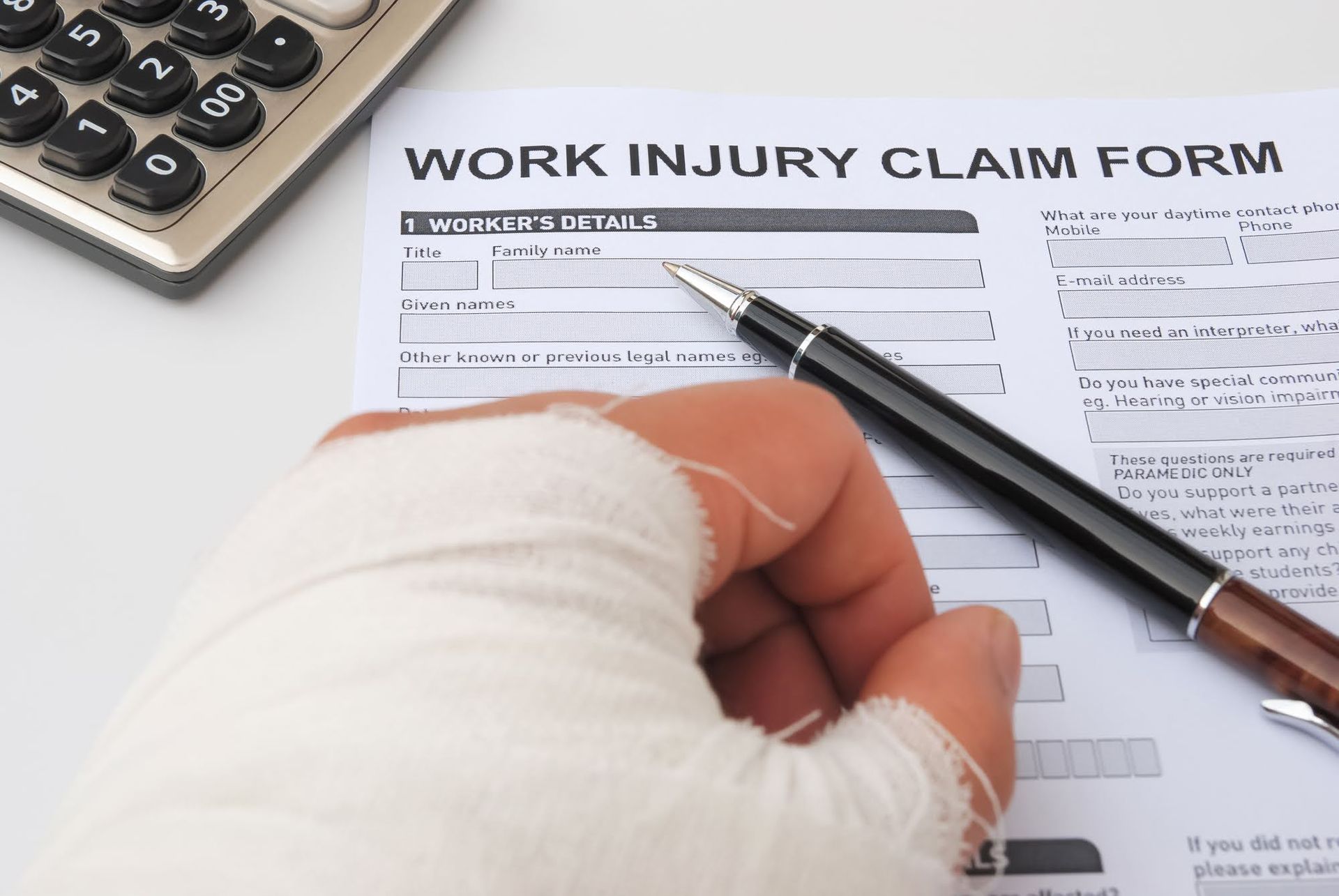Address: 1201 East Street Parkville, Missouri 64152
Toll Free:
Call Us Now:
QUESTIONS TO EXPECT FROM AN INDEPENDENT MEDICAL EXAMINER
If you have filed an injury case, expect the insurance company to request an independent medical examination. Insurance companies use independent medical examinations to verify injuries and make an appropriate settlement offer. Below are some questions the independent medical examiner (IME) may ask you.
Have You Ever Had Any Previous Injuries?
The IME may use this question to assess any previous injuries you might have. If you answer in the affirmative, expect a follow-up question to determine the nature of your preexisting injuries. The goal is to determine if your preexisting injuries, and not the accident, caused your injuries.
Don't forget that the defendant is only liable for the damages stemming from their actions and nothing more. However, you deserve full compensation if your accident aggravated your preexisting injuries. According to the eggshell skull rule, the defendant's liability doesn't reduce just because you were more susceptible to injuries than the average person.
What Problems Did You Experience at the Time of the Accident?
This question seeks to determine the nature of the injuries you experienced at the time of the accident. The IME will compare your answer to your medical records. Discrepancies in the two sources of information will undermine your creditability. An answer that corroborates the information in your medical records may strengthen your case.
What Did You Do After the Accident?
In this case, the IME wants to know whether your actions immediately after the accident contributed to your injuries. Say you felt a sharp pain in your back but went home for bed rest instead of seeking medical care. The defendant (through their insurance company) might argue that your action contributed to your injuries.
Don't forget that you must mitigate your damages after an accident. Seeking prompt medical care is one way of mitigating your damages. Your actions after the accident may also reveal your injuries. For example, running to assist other victims might indicate that you weren't seriously hurt.
On a Scale of 0 to 10, How Would You Rate Your Pain?
One reason for this question is to determine the level of your pain. Remember that pain and suffering are part of your overall damages. Another reason is to determine your credibility. The IME will compare your answer to your medical records. Your level of pain should be proportional to the injuries in your records.
Expect related follow-up questions from the IME. For example, the IME may ask you to rate your pain from a week ago and compare it with the current rating. Such follow-up questions check your consistency, determine your recovery progress, and determine your limits.
How Do You Spend a Typical Day?
The main purpose of the independent medical examination is to verify the injuries you claim. A review of your daily activities will help with the verification. If you are in pain and your doctor has ordered bed rest, a description of your daily activities should reflect the same. For example, claiming a bad back and engaging in strenuous physical activities is a contradiction.
Which Medications Are You Taking?
Your medications should correspond to your treatment, and medications are part of treatment. Your medications also point to the nature of your injury. For example, if you claim the highest level of pain, the IME will expect pain medication in your answer. Your answer will also verify whether you are following your doctors' orders, which is also part of your damages mitigation.
Answer all questions honestly during your examination. However, don't volunteer information that the IME doesn't ask. Spooner & Perkins, P.C., can prepare you for the examination so that your actions or answers don't harm your case. Contact us for a free initial consultation to review your case and determine the best way forward.

CONTACT INFORMATION
Email:
Phone:
Toll Free:











